Hornit Airo balance bike review
If a bike can be scored on the look on a child's face when they walk in a room and see it, this bike would get top marks straight away. That might seem daft, but if your kids are desperate to ride a bike because they think it looks amazing, then everything becomes a lot easier and a lot more enjoyable.
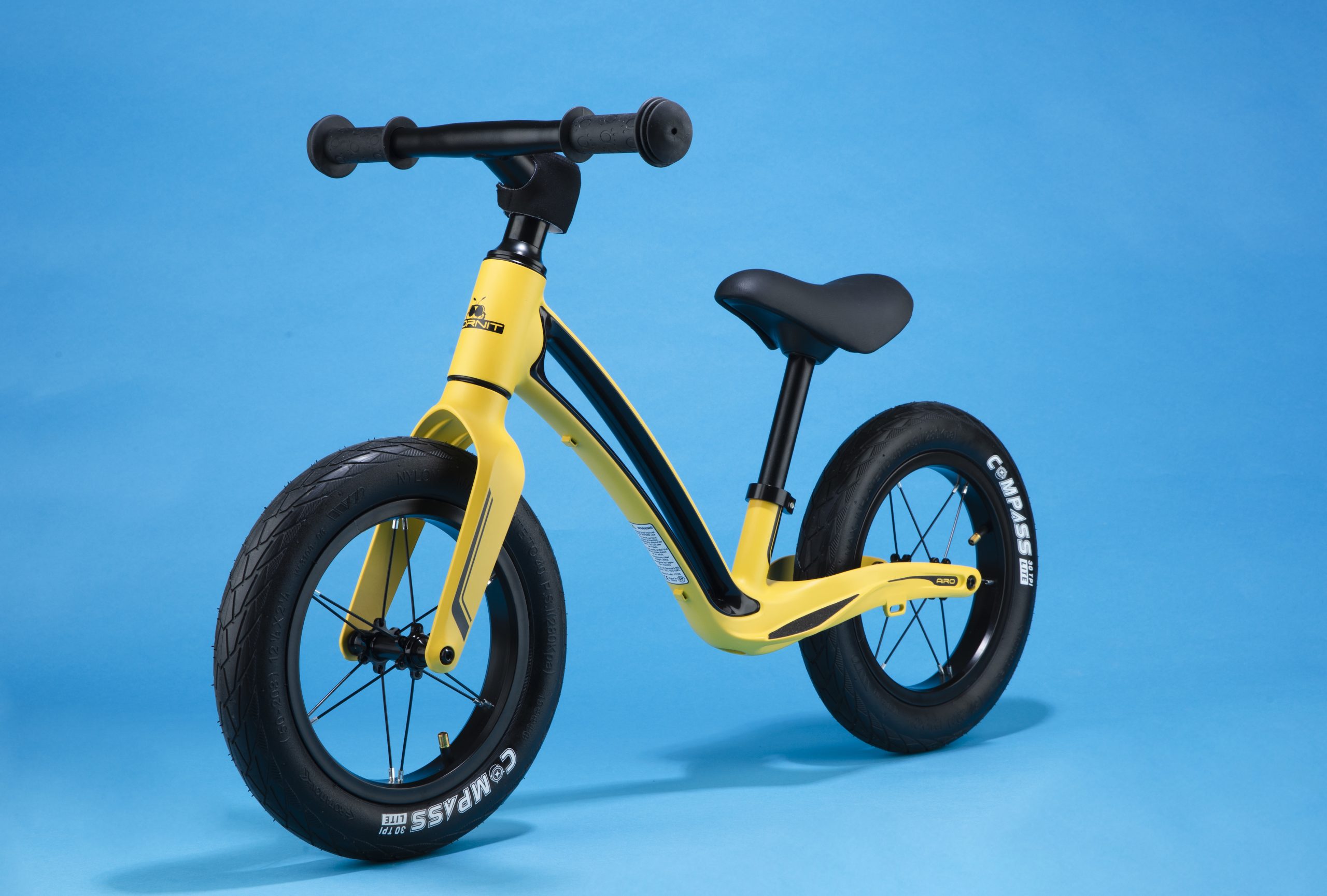
Easy to ride due to it's weight and light steering, comfortable with the saddle and thick tyres and visually appealing too. This bike won the first battle by virtue of our children wanting to play with it as soon as they saw it. They kept on wanting to ride it due to its ease of use.
-
+
Lightweight
-
+
Light steering motion
-
+
Simple set up straight out of the box
-
+
Fat tyres help with comfort
-
-
Paintwork chipped in obvious place
-
-
Allen key needed for any adjustment
You can trust Cycling Weekly.

The advantages of balance bikes and the ease with which they can get young children on to two wheels are well documented. We can't recommend them enough. When you think about the separate factors involved with riding a bike, it quite quickly becomes very complex.
A balance bike does away with most of those, allowing the child to focus just on balance and steering as they simply propel themselves by using their feet to scoot along, a perfectly natural movement for them.
This wasn't the first balance bike ridden by our tester, three-and-a-half-year-old Mia. She was already proficient, but was ready to try a slightly bigger bike. The Hornit Airo was that bike.
It passed it's first test with flying colours. When she saw it her eyes lit up. The brilliant, bright yellow paint is a great look. It might seem daft, but we're all guilty of going straight to the shiniest, sparkliest bike in the shop and drooling over it. So why shouldn't a three-year-old?
The added bonus of this love at first sight is that will mean they'll instinctively want to ride it. And any parent who has stood in a park with a screaming child who doesn't want to ride their bike will know just how important that is.
The second test is one that we're all familiar with. Weight. this isn't for getting up hills, power to weight or acceleration. It's about a small child easily being able to handle the bike. That's riding it, getting on and off of it, sitting on it and eating a snack and everything else.
If that becomes a struggle because a bike is heavy it can really put a child off. Not only does this mean that you might have wasted your money, but it could put them off riding. And that's a disaster.
The Hornit nailed this one too. At just 2.95kg it's wonderfully light and easy to manoeuvre. It never once overloaded it's tester who is under average height and weight for her age. This means coming to a stand still and not toppling over. Another thing that can stall a burgeoning cycling career.
That light weight came from the material. It's made of magnesium alloy, which is 33 per cent lighter than aluminium and extremely strong to boot.
It's hard to miss the clear air running down the middle of the down tube. This is to give the bike - designed by Roy Grinfield who has a background in car design - a distinct look, ticks all the strength and weight boxes and makes for a great handle. You spend a lot of time carrying a child's bike, so this is appreciated. It's also great for little hands that might otherwise struggle get their hands around a fat tube. Little touches like this can all give confidence, and they all really add up to a great package.
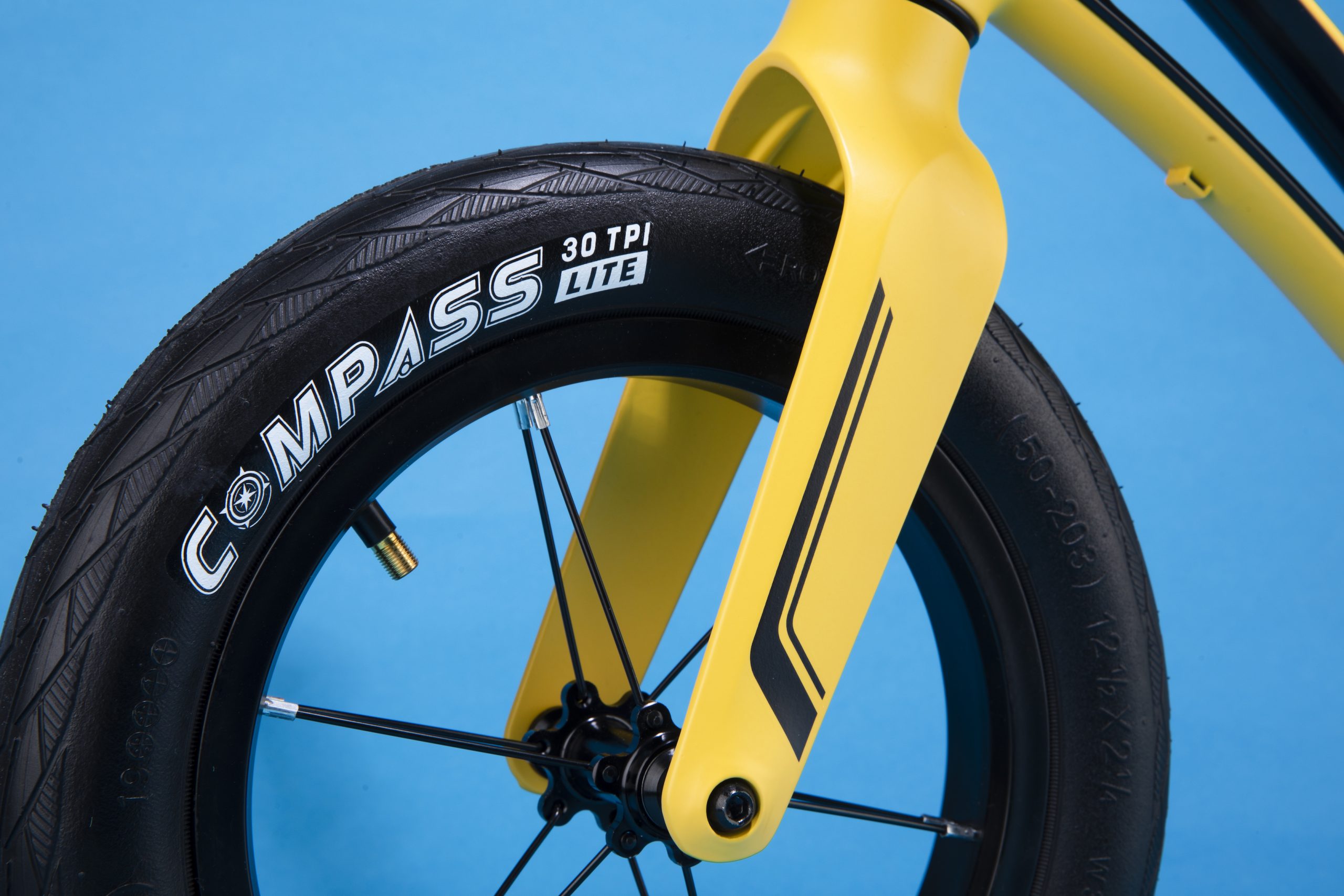
With a nice light steering motion the bike was easy to steer, putting the tester in control, rather than her having to fight it. Another boost to her confidence, something that was clear from the way she was happy to throw the bike around and play about on it. The importance of this was highlighted when she was trying out a friends pedal bike, on which the steering wasn't anywhere near as light. On that bike she wanted me to steer for her.
The light steering comes from a nice a-headset and a great set of wheels. There's an argument that it's the moving parts on a bike that are the most important, after all they're the parts that are going to wear out first. On this bike that's just the hubs and headset. It's here where the bike really stands out. Pick it up, spin the wheels and they're as smooth as a set of race wheels.
Both hubs and headset are made of heat treated 6061 aluminium with the hubs fitted with a sealed double bearing. They are standard adult size fittings and races, meaning parts can be replaced should you need to. The quality is clear, and coupled with the nice, fat 12-and-a-half inch tyres make it easier to ride than cheaper, heavier options.
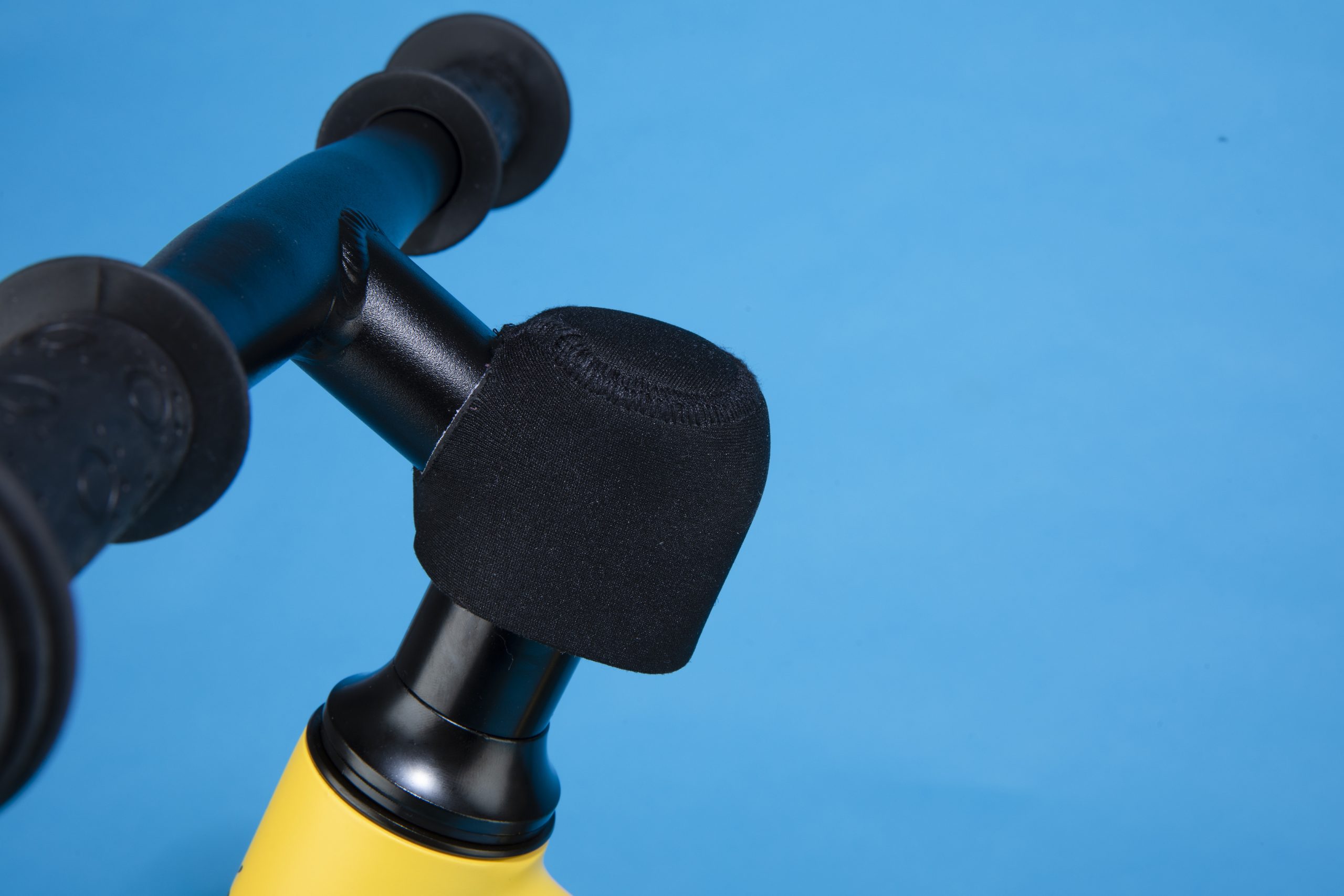
The step up from our tester's previous bike with solid tyres and plastic headset was clear. This isn't a criticism of the previous bike, it was ideal for her age then, but the better quality helped massively as she wanted to go a bit further and bit faster.
While the quality was there throughout, the paint did get damaged when the bike was dropped. Our tester wasn't averse to stopping, stepping off, dropping the bike and going off to pick a flower or stroke a dog. On some occasions I caught the bike (once the bike and the rider) before it hit the ground, but a few times it was dropped on its side.
This chipped the paint on the outside of the footplate, which was a shame. Had the grippy material on top of the foot plate been extended around the edge the frame would have a bit more protection.
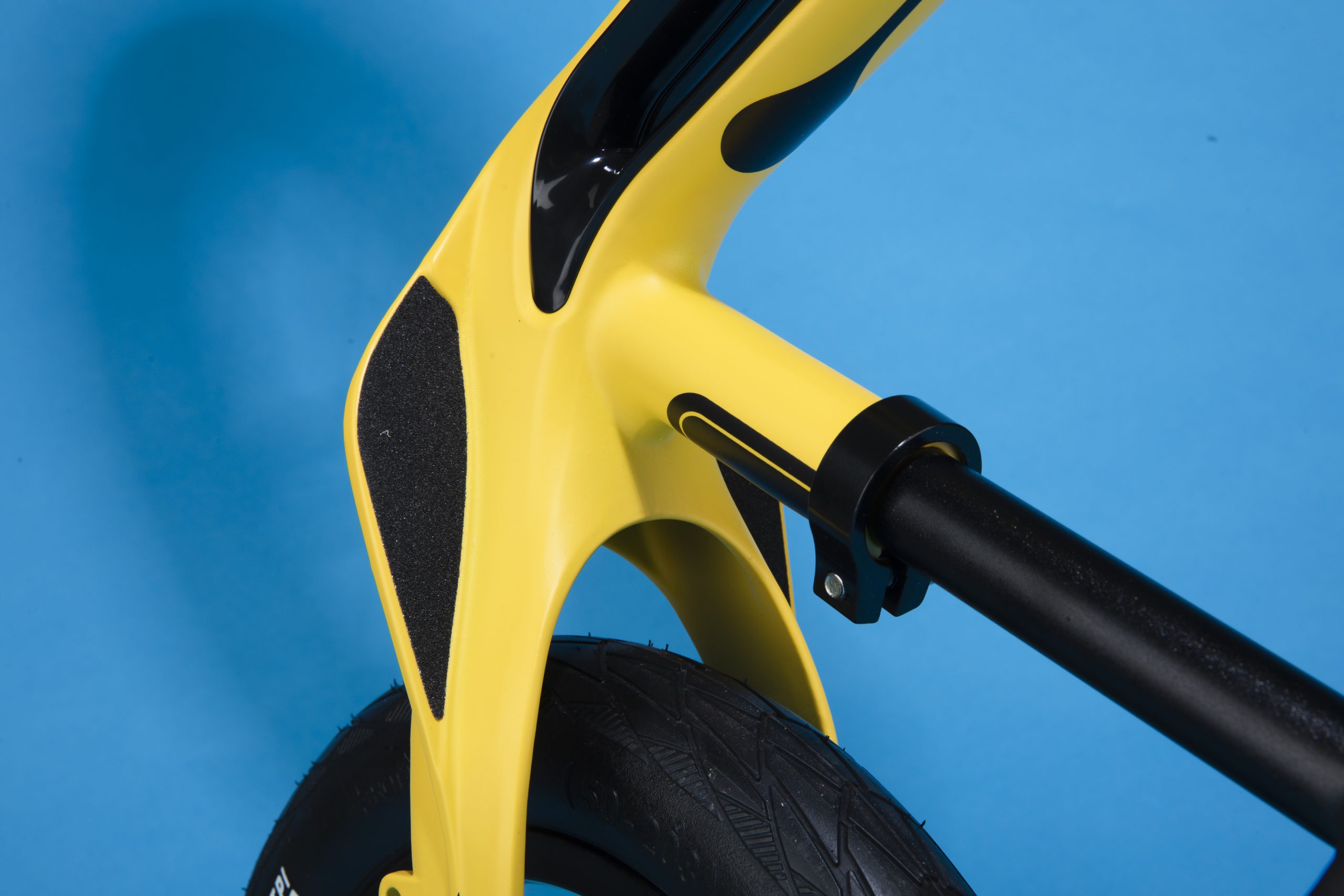
The foot plate might also be a little bigger. It wasn't quite big enough for a set of size seven feet (which isn't big for that age) to rest on, but there's no doubt a sweet spot for this. Too wide and it will catch the rider's ankles, too narrow and it's useless.
Other nice touches include the soft rubber grips (could be a bit wider perhaps as toddlers don't always hold the bars where they' should) and the padded cover on the stem clamp. This offers a tiny bit of protection when there's a clumsy dismount. It's a really neat idea, but a bit more padding would make it better still .
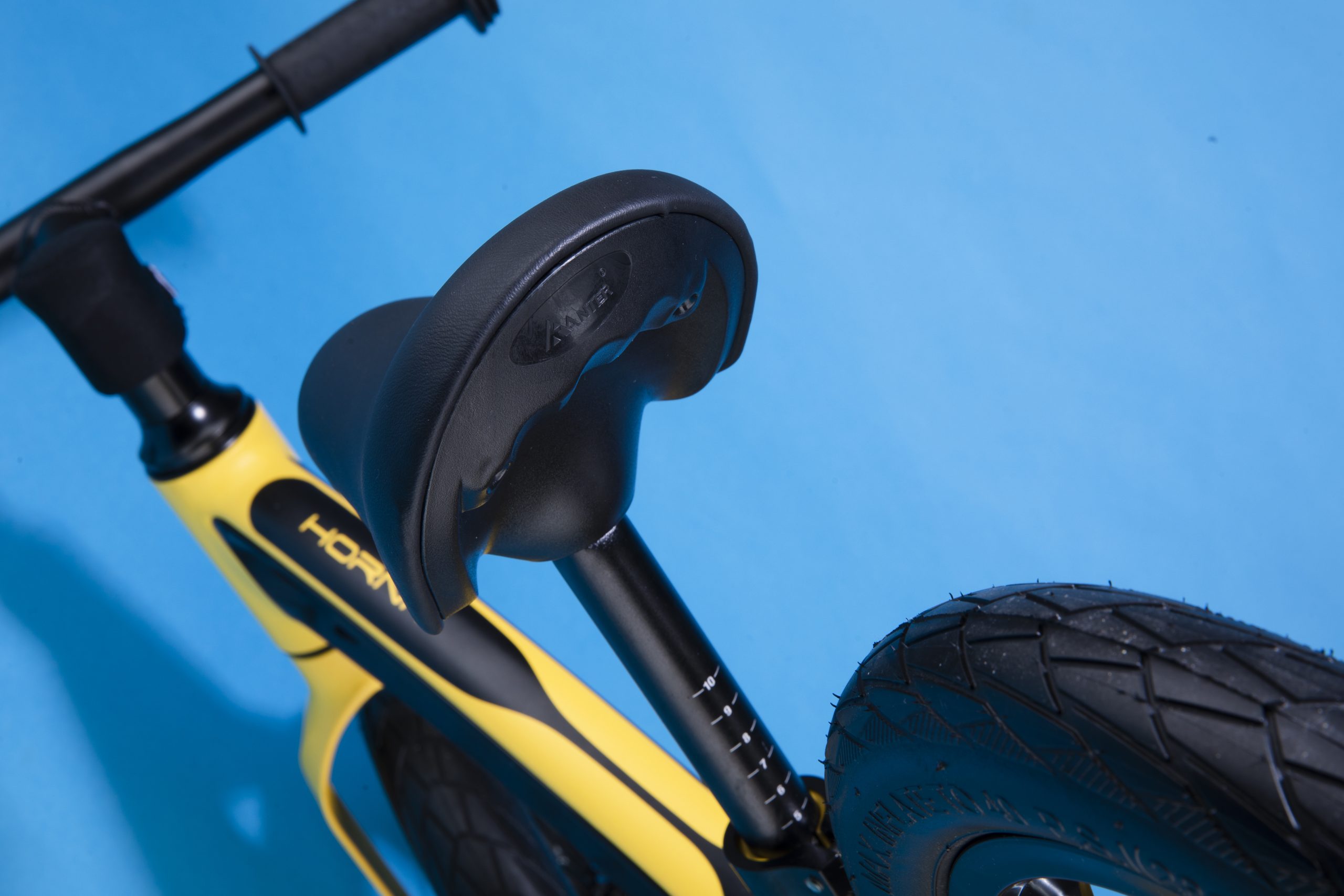
The saddle passed the test on the bases of there being no complaints. It was nice and soft and seemed to be a good shape. It's fixed atop the seat pin with no adjustment, which means nothing to go wrong. The seat pin as enough adjustment to cater for an age range of 18 months to five years.
About Hornit
Founded by former lawyer and Ironman athlete Tom de Pelet, the Exeter based company only started in 2012 with a range of accessories including the world's loudest bike horn. In the years since it has brought more products in to it's range, including lights, helmets, cycle storage and eventually, bikes. The Hornet Airo being their first and only children's bike in the range.

Thank you for reading 20 articles this month* Join now for unlimited access
Enjoy your first month for just £1 / $1 / €1
*Read 5 free articles per month without a subscription

Join now for unlimited access
Try first month for just £1 / $1 / €1
Get The Leadout Newsletter
The latest race content, interviews, features, reviews and expert buying guides, direct to your inbox!

Editor of Cycling Weekly magazine, Simon has been working at the title since 2001. He fell in love with cycling 1989 when watching the Tour de France on Channel 4, started racing in 1995 and in 2000 he spent one season racing in Belgium. During his time at CW (and Cycle Sport magazine) he has written product reviews, fitness features, pro interviews, race coverage and news. He has covered the Tour de France more times than he can remember along with two Olympic Games and many other international and UK domestic races. He became the 130-year-old magazine's 13th editor in 2015.
-
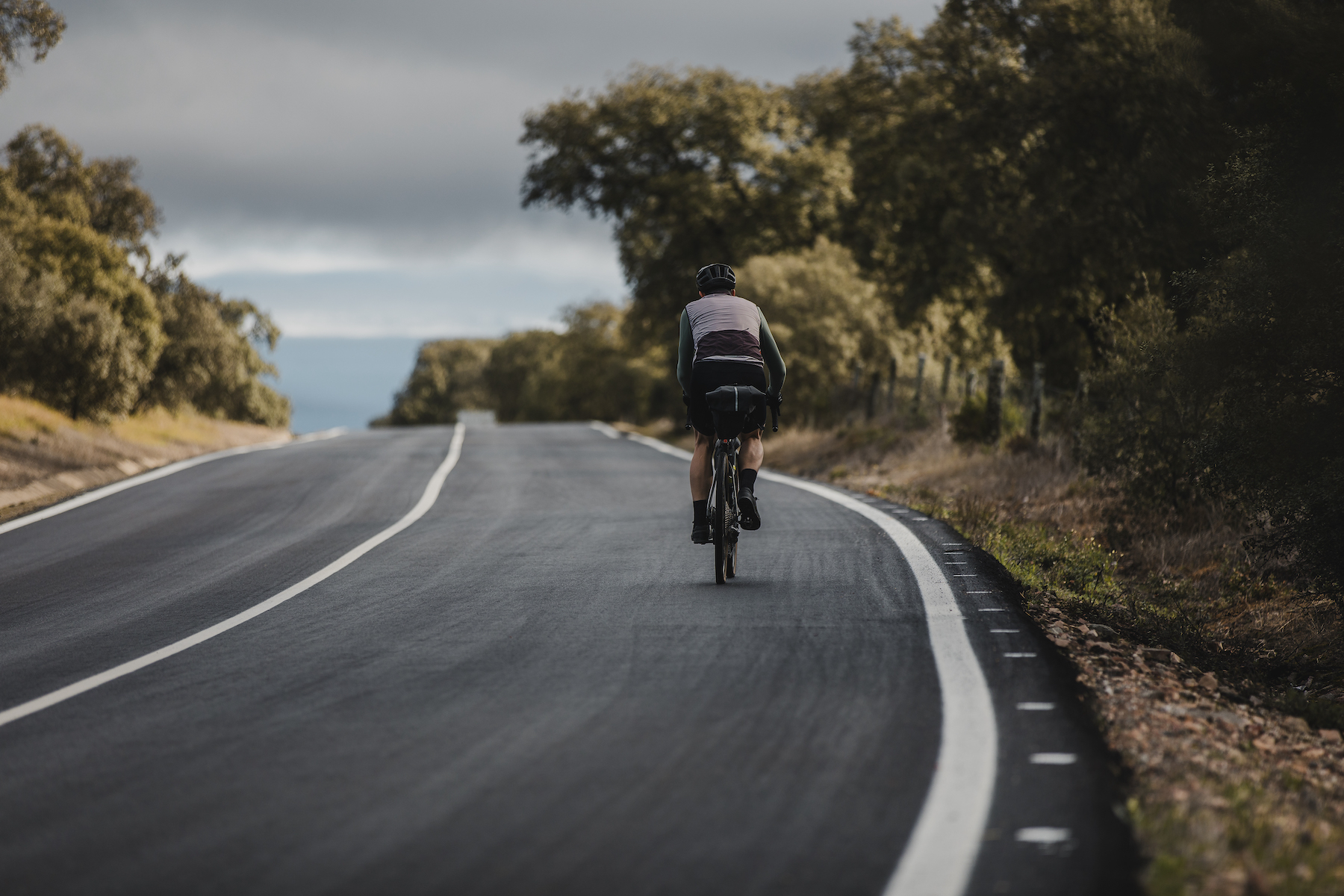 'This is the marriage venue, no?': how one rider ran the whole gamut of hallucinations in a single race
'This is the marriage venue, no?': how one rider ran the whole gamut of hallucinations in a single raceKabir Rachure's first RAAM was a crazy experience in more ways than one, he tells Cycling Weekly's Going Long podcast
By James Shrubsall Published
-
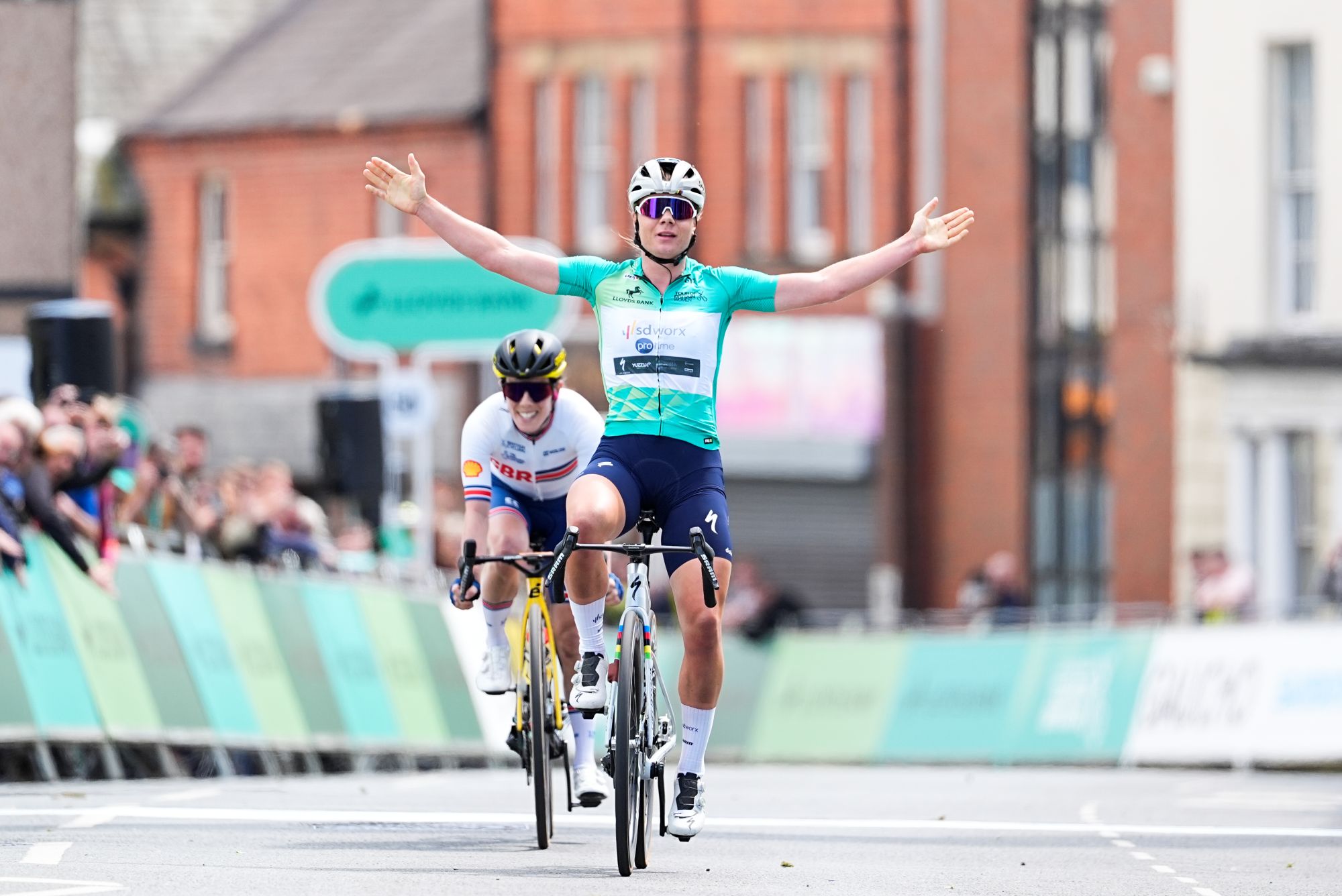 Full Tour of Britain Women route announced, taking place from North Yorkshire to Glasgow
Full Tour of Britain Women route announced, taking place from North Yorkshire to GlasgowBritish Cycling's Women's WorldTour four-stage race will take place in northern England and Scotland
By Tom Thewlis Published
-
 Positive signs for UK bike industry as Halfords cycling sales grow
Positive signs for UK bike industry as Halfords cycling sales growRetailer admits that the impact of Donald Trump's tariffs remains to be seen
By Tom Thewlis Published